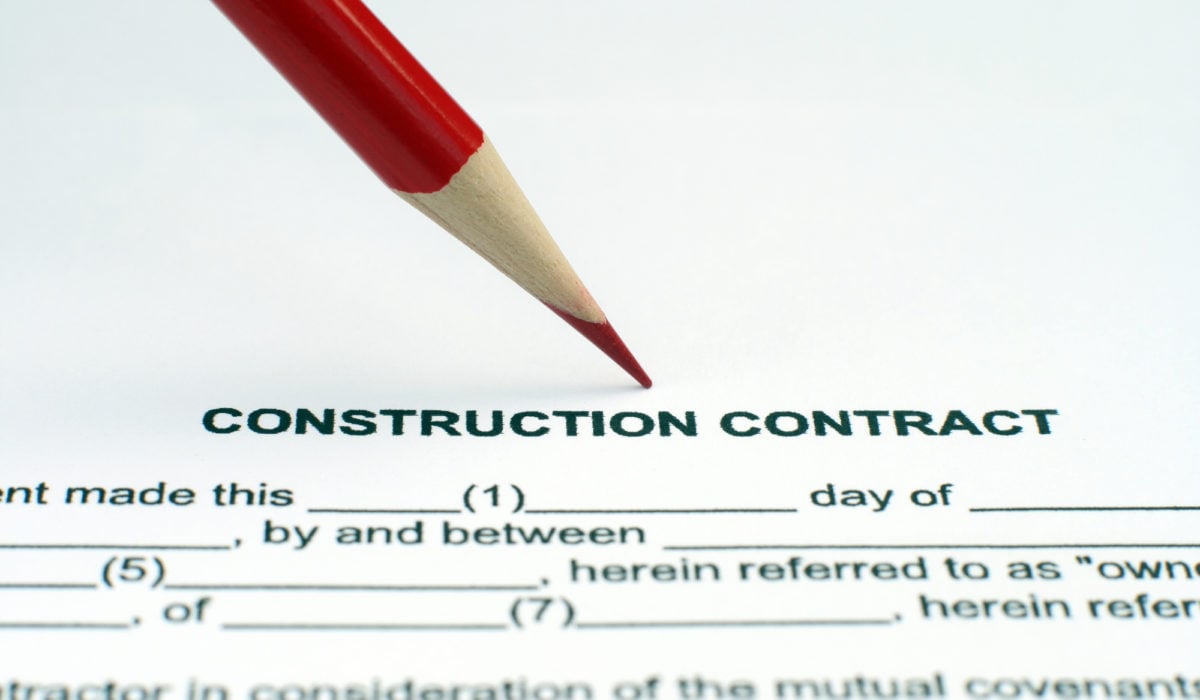- 0 Comment
What to Look for in a Roofing Contract from Fairview Park Roofing Companies
A roofing project is a significant undertaking for any homeowner. It’s not just about getting a new roof; it’s about protecting your investment and ensuring the safety and comfort of your home. To make this happen, a well-detailed roofing contract is your best friend. In this article, we will explore the crucial elements you should look for in a roofing contract to ensure a smooth and successful project.
1. Project Description: The Foundation of Your Agreement
The cornerstone of any roofing contract is the project description. This section should leave no room for ambiguity. It should outline the scope of work, materials to be used, start and end dates, and any other essential details. Having everything in writing ensures that both you and the roofing contractor are on the same page from the beginning.
Imagine a scenario where you and your contractor have different ideas about the roofing materials to be used or the project’s timeline. Without a clear project description, you could be in for disagreements and delays. By including these specifics in the contract, you set a solid foundation for a successful project.
2. Payment Terms: Navigating the Financial Waters
Money matters are often a source of tension in any construction project, and roofing contracts are no exception. Your roofing contract should specify the mode and schedule of payments. Understand the payment schedule and ensure it’s reasonable and feasible for both parties. According to the law, you can withhold up to 10% of the payment for 41 days in the case of workmanship errors. Ensure this clause is included to protect yourself in case of any issues.
3. Insurance Details: Safeguarding Against the Unexpected
Roofing projects can be hazardous, and accidents can happen. To ensure both parties are protected, your contract should outline insurance details. Specifically, it should include information about workers’ compensation and public liability insurance. These protections ensure that you won’t be held liable for any accidents or injuries that occur during the project.
4. Building Permits: Staying on the Right Side of the Law
Before you embark on any roofing project, you need the necessary building permits to ensure compliance with local building codes and regulations. Your roofing contractor should provide documentation indicating that they’ve obtained these permits, along with the associated costs. Including this information in the contract helps you avoid legal issues down the road.
5. Installation Procedure: The Nuts and Bolts of the Project
The installation procedure is the heart of your roofing project. It should be clearly outlined in the contract, leaving no room for confusion or miscommunication. This section should cover safety measures, working hours, and specific installation methods. It’s also crucial to know how the contractor plans to dispose of old roofing materials and ensure that the work area will be left clean and tidy.
A well-documented installation procedure ensures that the work is done correctly, preventing future issues with your roof. Don’t leave this to chance; insist on a detailed explanation in the contract.
Conclusion: Protecting Your Investment with a Solid Roofing Contract
In conclusion, a roofing contract is your roadmap to a successful roofing project. Pay close attention to the project description, payment terms, insurance details, building permits, and installation procedures when reviewing your contract. By ensuring these elements are well-documented, you and your contractor can work together smoothly, preventing potential issues and misunderstandings. A well-crafted roofing contract is your key to peace of mind and a roof that stands the test of time.

